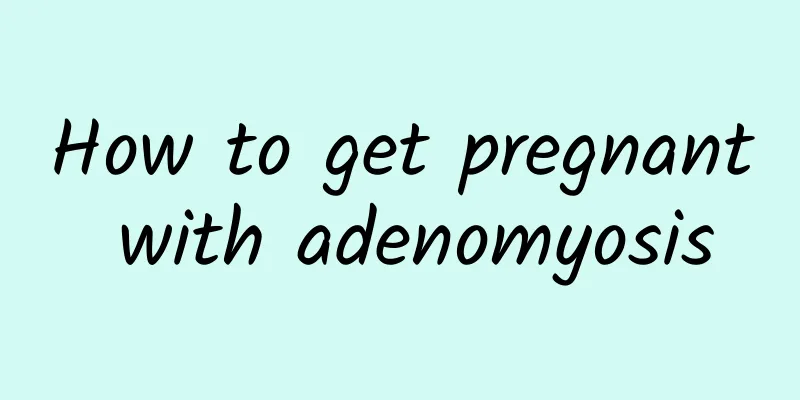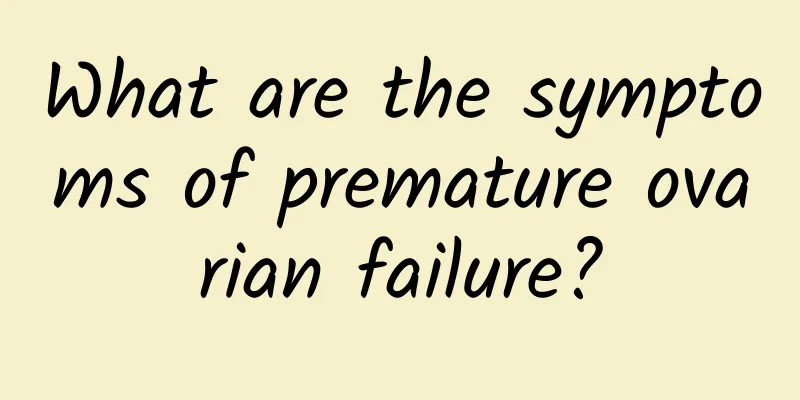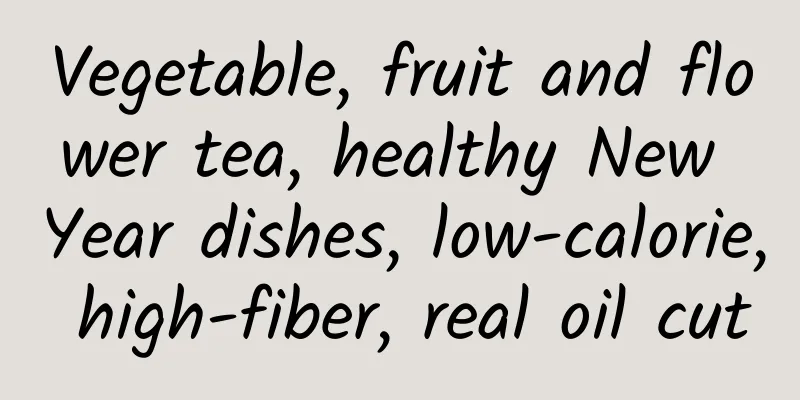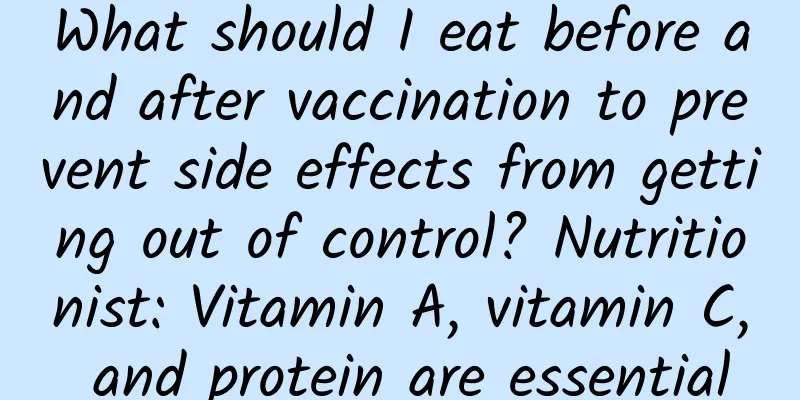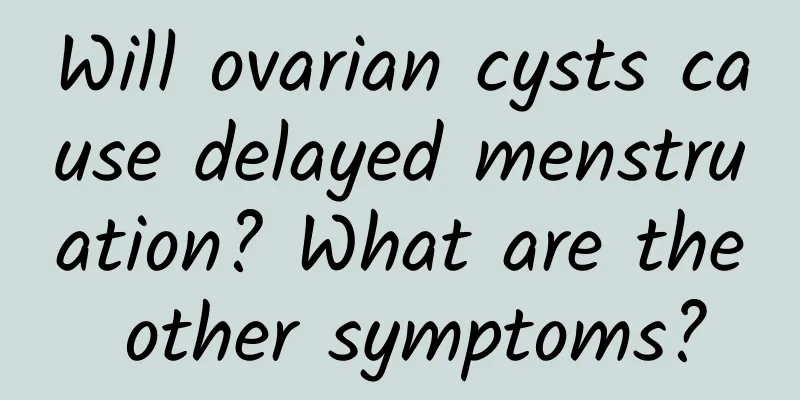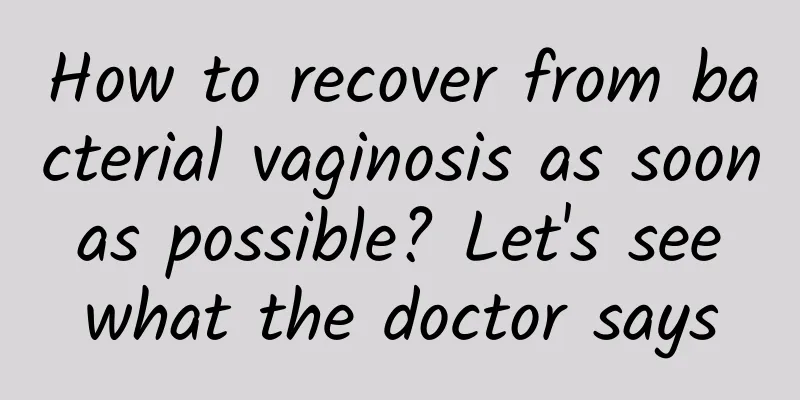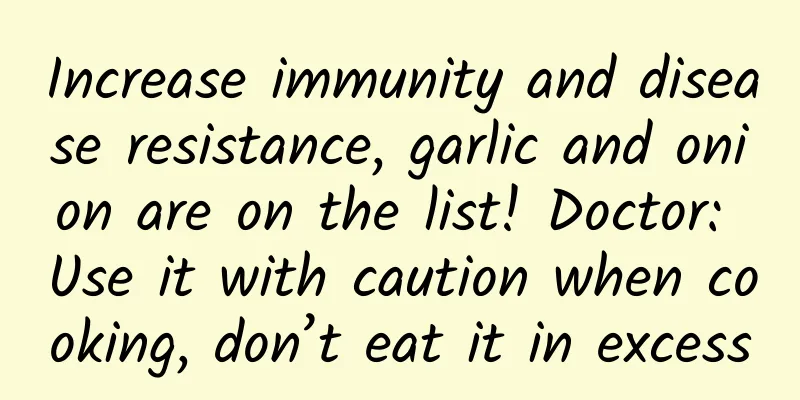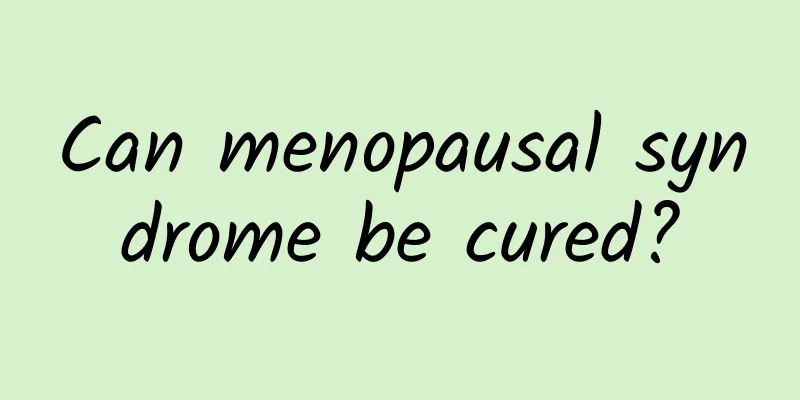What to eat after removing uterine fibroids? What to eat after removing uterine fibroids?
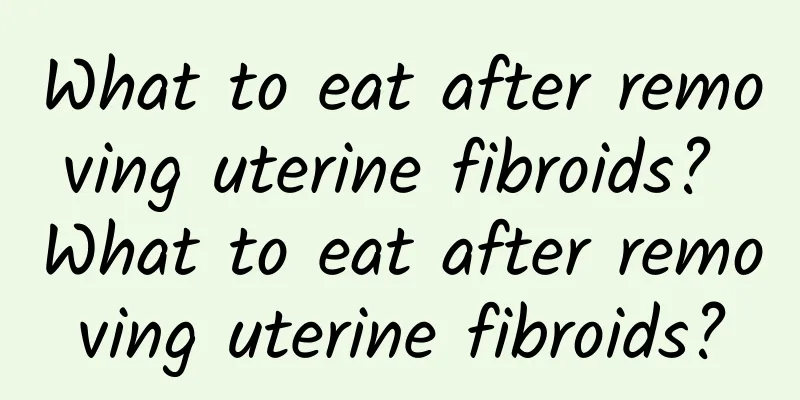
|
What is the best thing to eat after removing uterine fibroids? How should I supplement my diet after uterine fibroid removal? This is a question that many female friends often ask after surgery. Here are some relevant dietary suggestions for you, I hope it will be helpful. 1. High-fiber foods The formation of uterine fibroids is closely related to hormone levels and diet. Excessive intake of saturated fat and red meat in the diet will increase the risk of uterine fibroids. Therefore, high-fiber foods such as grains, vegetables, fruits and whole-wheat foods should be consumed in the diet after surgery. These foods not only provide nutrition, but also help the body detoxify and regulate endocrine. 2. Foods rich in vitamin C Vitamin C can promote the body's immunity and wound healing. In the postoperative diet, it is recommended to eat more foods rich in vitamin C, such as lemons, oranges, strawberries, kiwis and other fruits and green leafy vegetables. They can not only provide vitamin C, but also provide other important nutrients. 3. Eat enough protein The body needs new cells and tissues to heal after surgery, and protein is a key nutrient necessary for building and repairing tissues. Therefore, your diet should include enough protein after surgery. You can choose to eat protein-rich foods such as beans, chicken, fish, poultry, and eggs. At the same time, pay attention to controlling your fat and calorie intake to avoid over-consuming energy in the body. 4. Supplement iron Anemia may occur after surgery, and sufficient iron supplementation is needed. Adequate iron intake helps promote the synthesis of hemoglobin and improve the oxygenation capacity of the blood. This can be supplemented by eating iron-rich foods such as lean meat, beans, green leafy vegetables and fruits. 5. Diet adjustment The body needs to rest and recover after surgery, and diet is also very important. Avoid spicy, greasy and overheated food to avoid harm to the body after surgery. Try to choose light and easily digestible food, such as millet porridge, mung bean soup, vegetable soup, etc. At the same time, arrange the diet reasonably, keep regular and quantitative, and avoid oversaturation and overeating. In this article, we list some dietary recommendations for post-hysterectomy. Of course, individual situations vary, and it is recommended that you adjust your diet after surgery based on your own situation and the guidance of your doctor. I wish you all a speedy recovery! |
>>: What is uterine fibroids? How to treat uterine fibroids? Causes and treatment methods
Recommend
Do you have pelvic inflammatory disease?
Is pelvic inflammatory disease contagious? The em...
Bananas, milk and other 4 foods are good for relieving stress
Pressure mask, be careful of obesity! Doctors poi...
What can prevent uterine fibroids? Is there any medicine to prevent uterine fibroids?
What can prevent uterine fibroids? Is there any m...
What is the best way to treat uterine fibroids? Is ultrasound treatment really effective for uterine fibroids?
Uterine fibroids are a common benign gynecologica...
What are the symptoms of functional uterine bleeding?
Symptoms of functional uterine bleeding mainly in...
Women who have threatened miscarriage should be careful about their diet
Women who have threatened miscarriage should be c...
Is pelvic peritonitis harmful to women?
In daily life, pelvic peritonitis is very common,...
The harmful effects of pelvic inflammatory disease in women
Among gynecological inflammation diseases, pelvic...
Treatment experience of Bartholinitis
Women are very prone to Bartholinitis, which can ...
Three main risk factors for ovarian cysts
Nowadays, many female friends are troubled by ova...
These factors can cause cervical erosion
Cervical erosion is one of the major "killer...
What are the dangers of pregnancy with uterine fibroids?
Uterine fibroids are benign tumors that grow in t...
What are the symptoms of low progesterone and how to treat low progesterone?
The level of progesterone in women is closely rel...
What are the main causes of cervical erosion? Summarize the 4 causes of cervical erosion
Cervical erosion is a common gynecological diseas...
Diet after cervical precancerous lesions surgery
What are the dietary principles for cervical prec...
